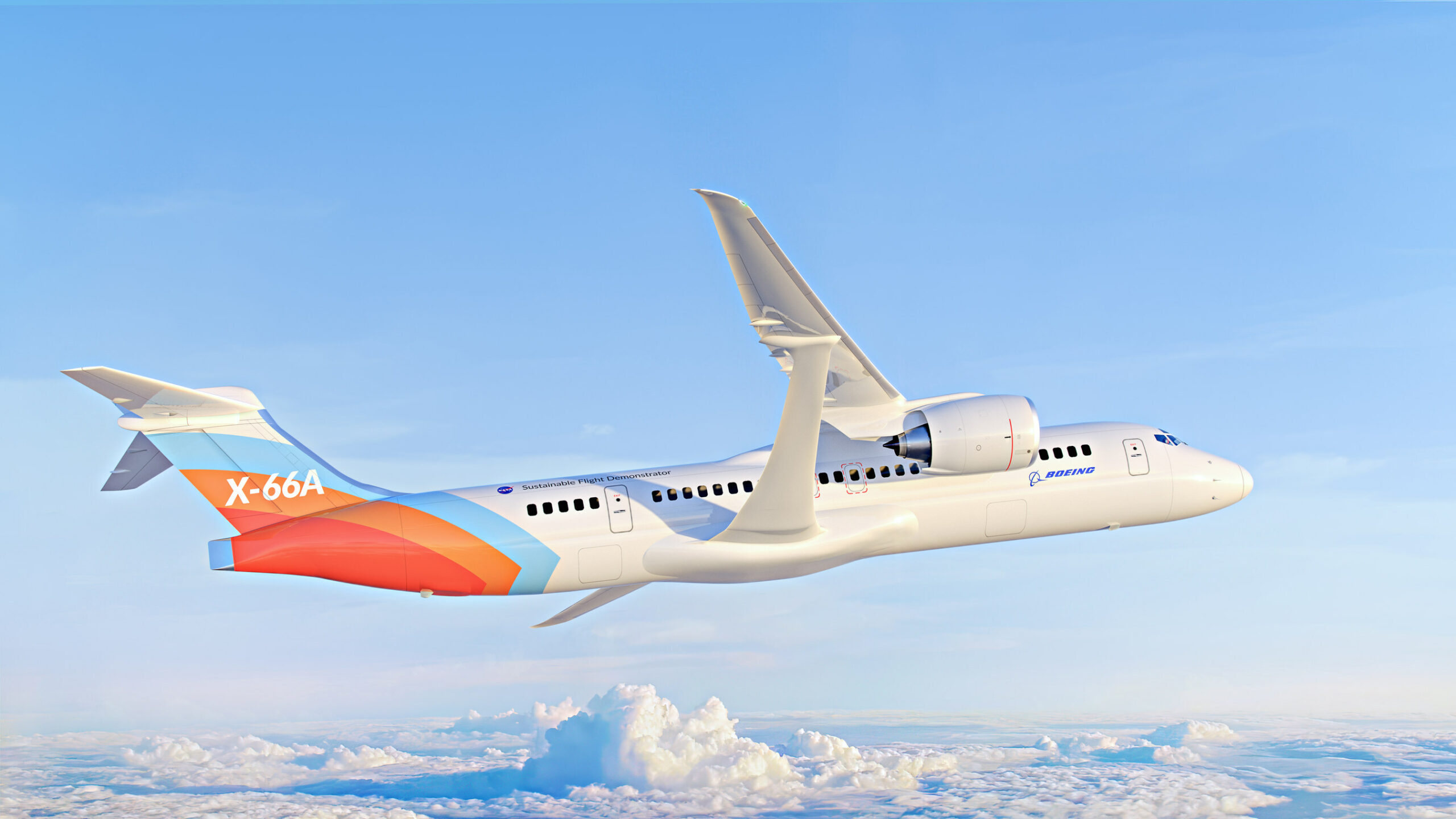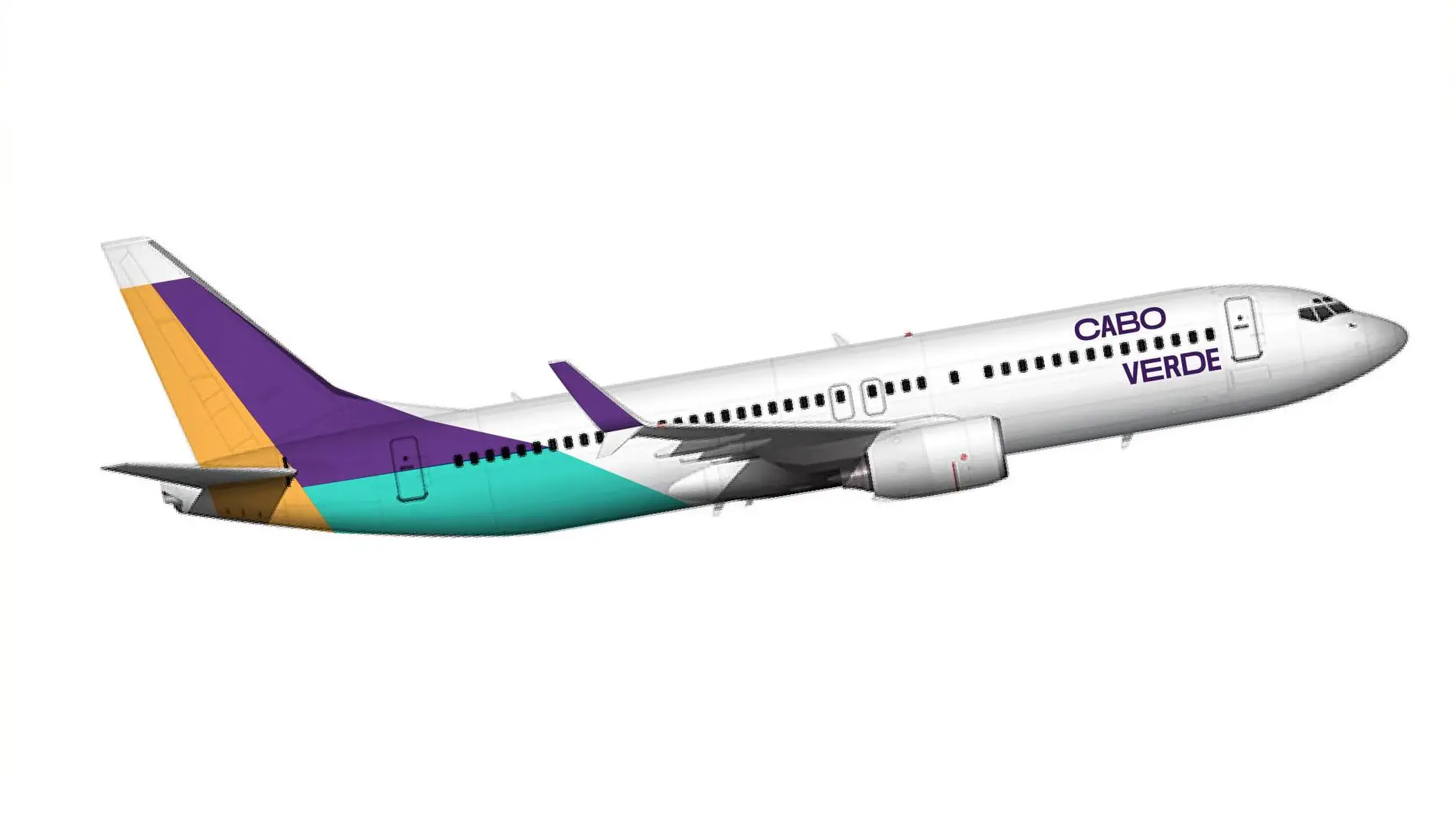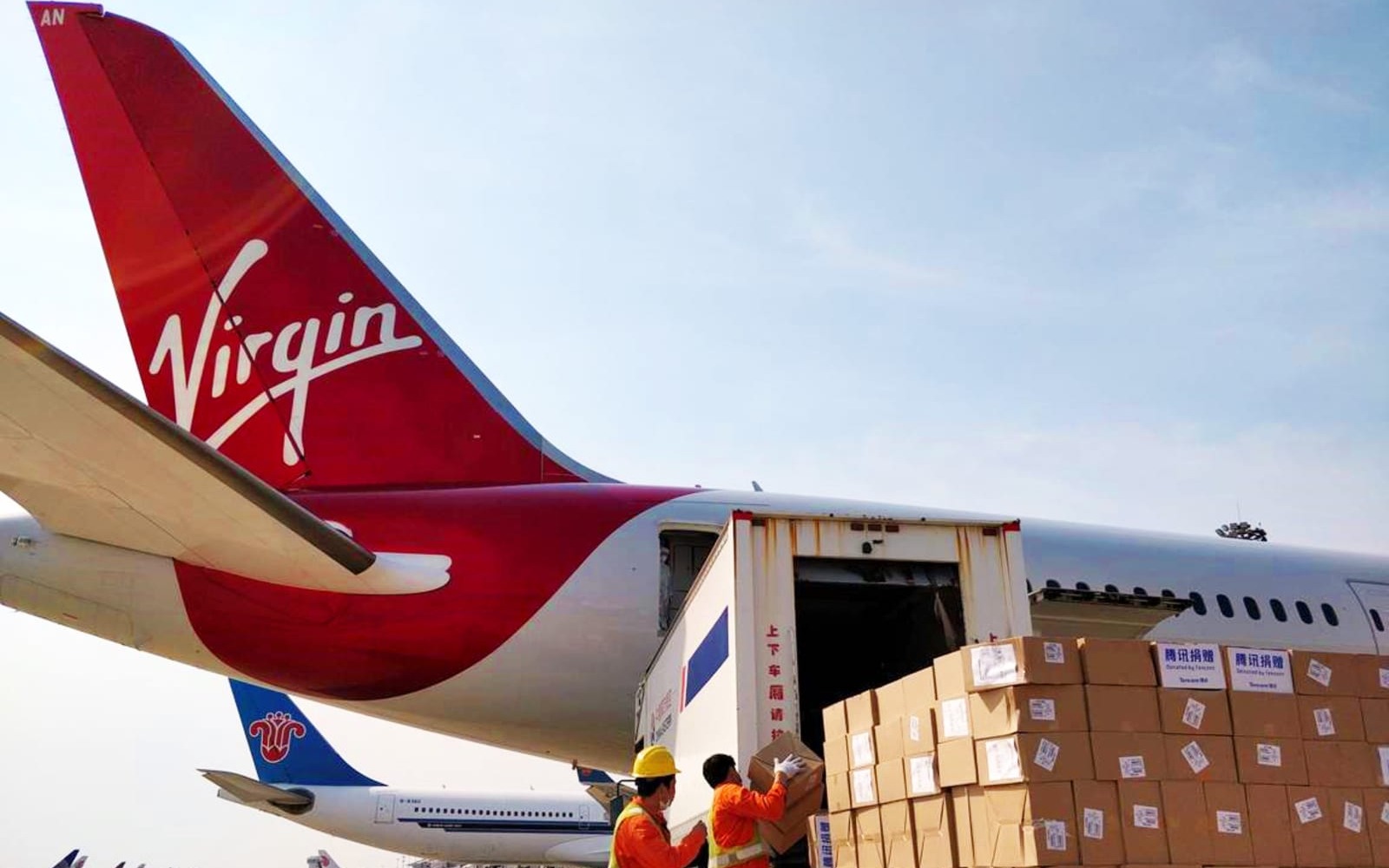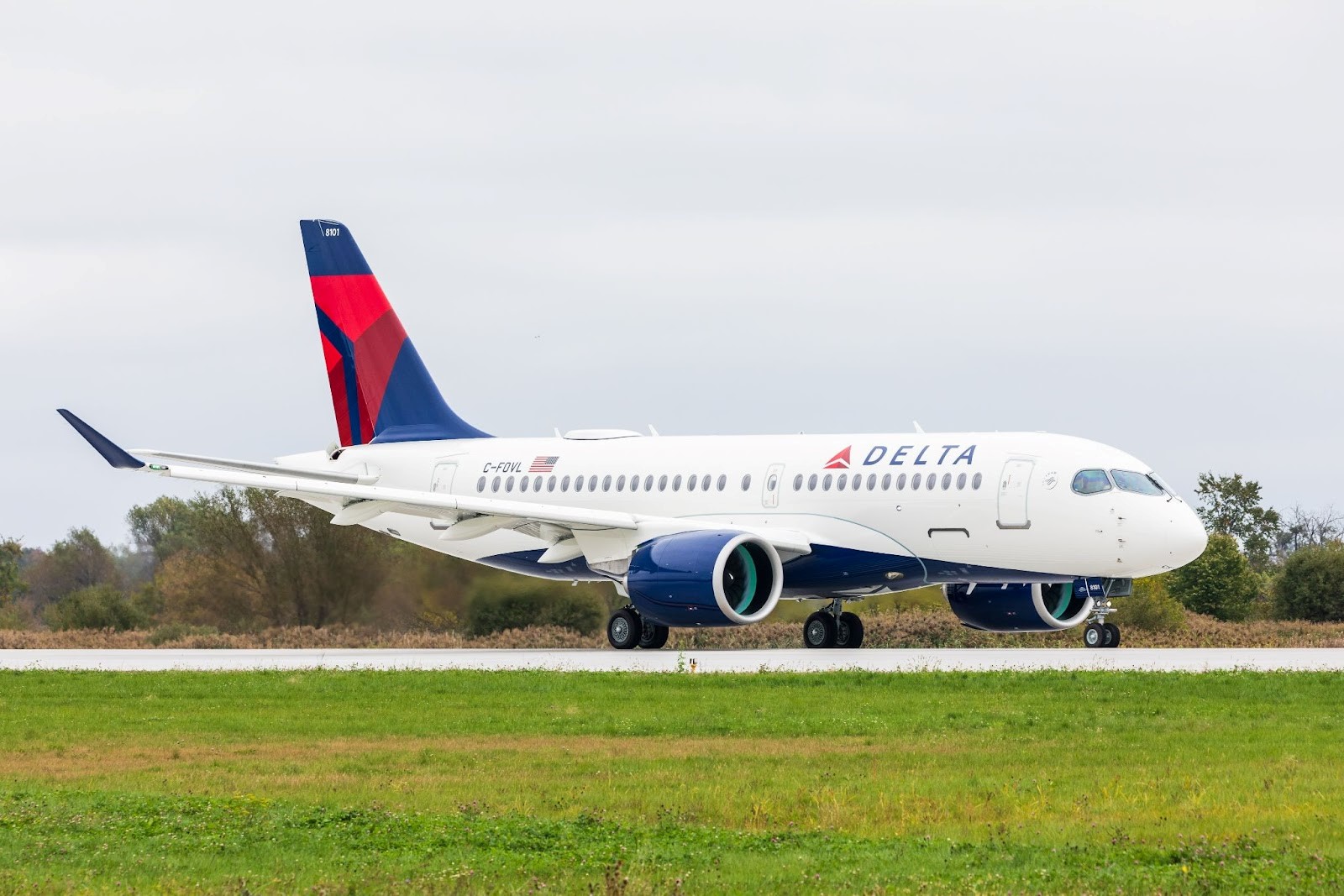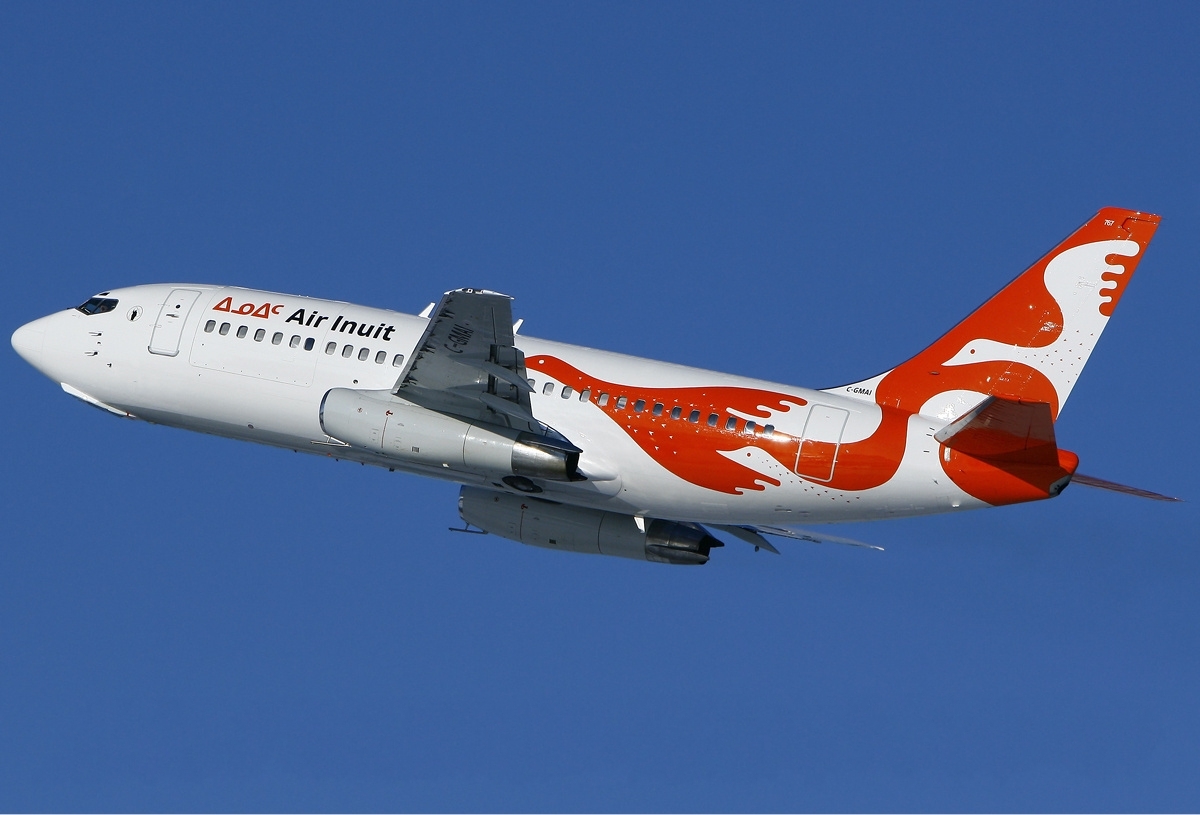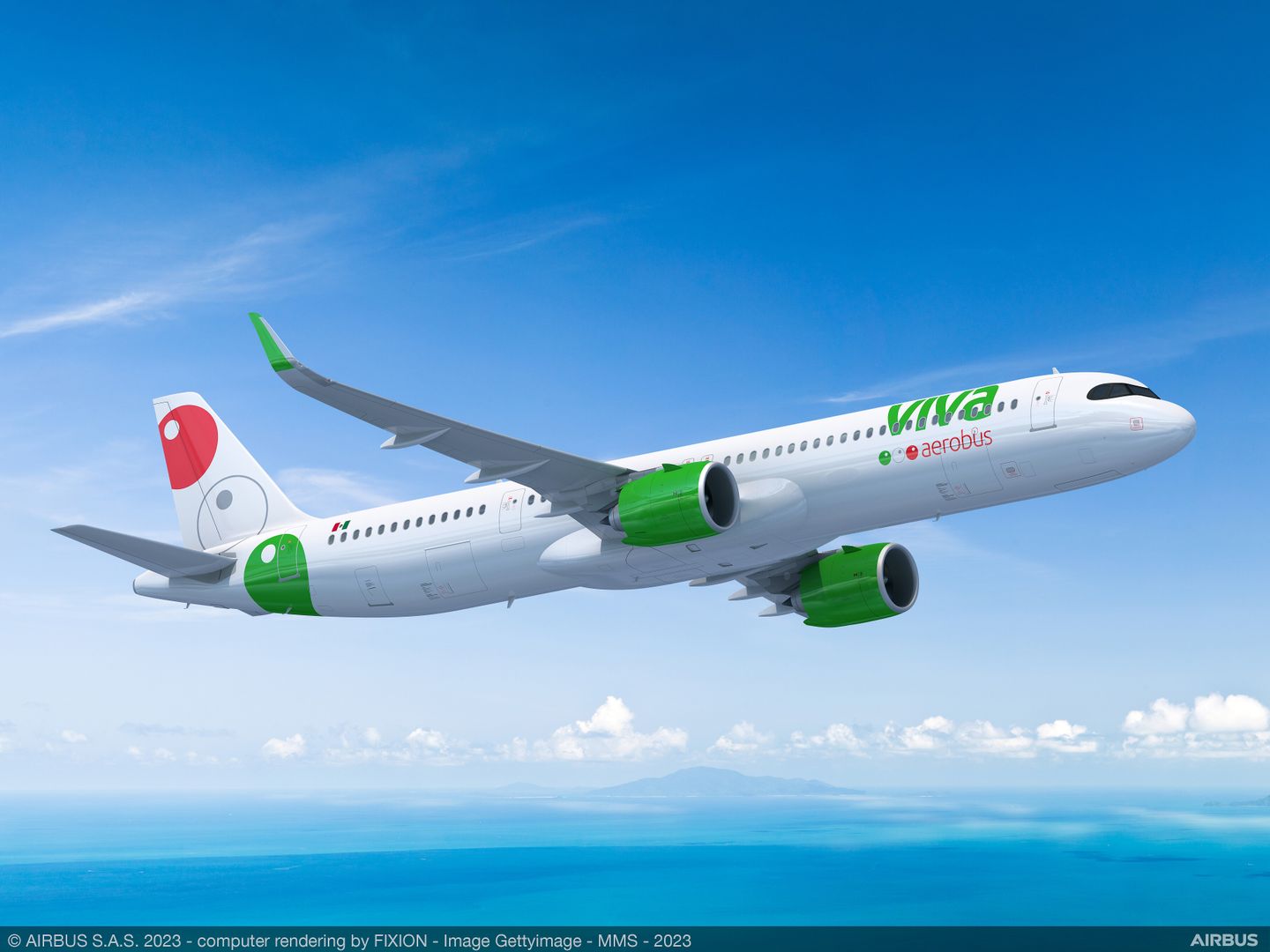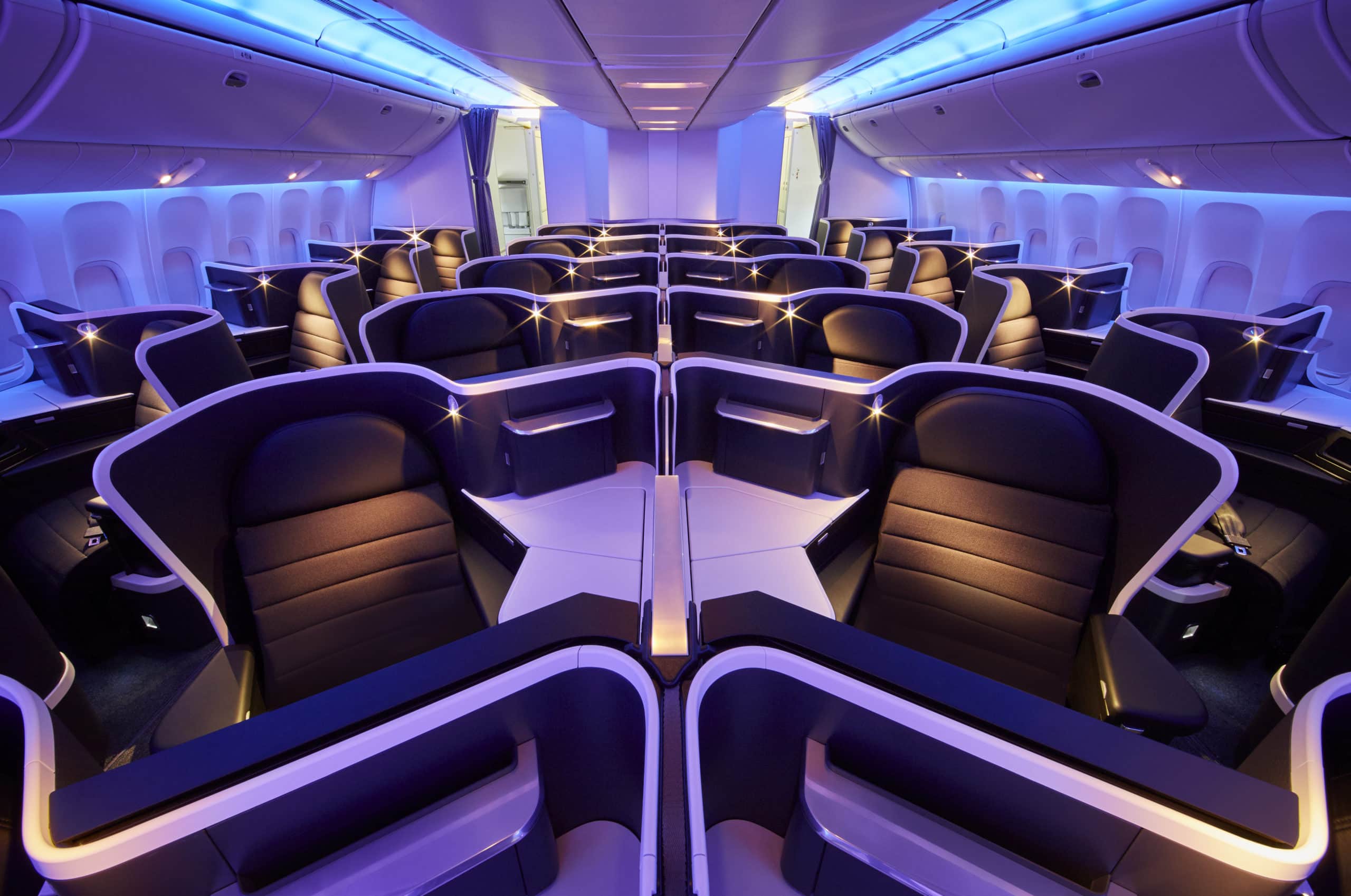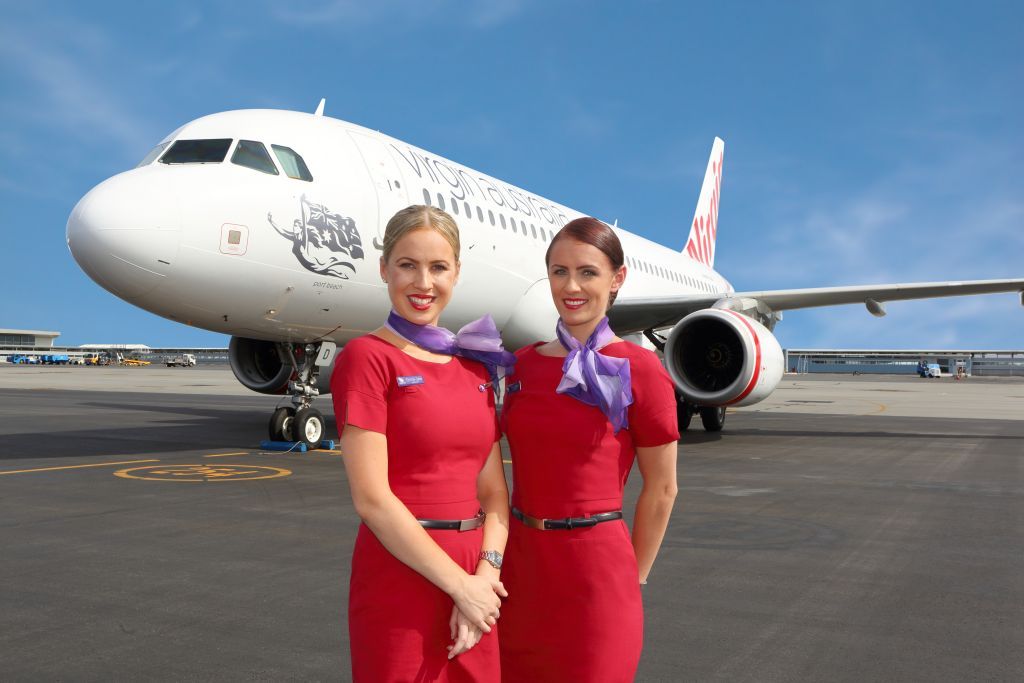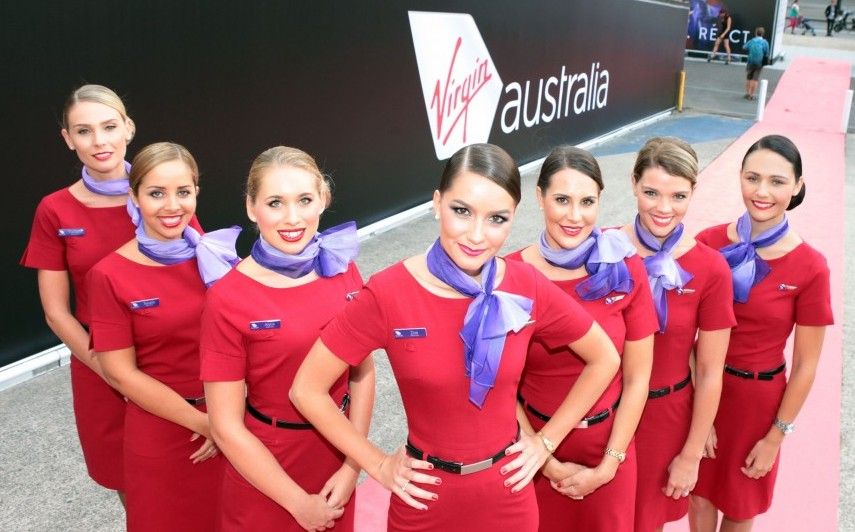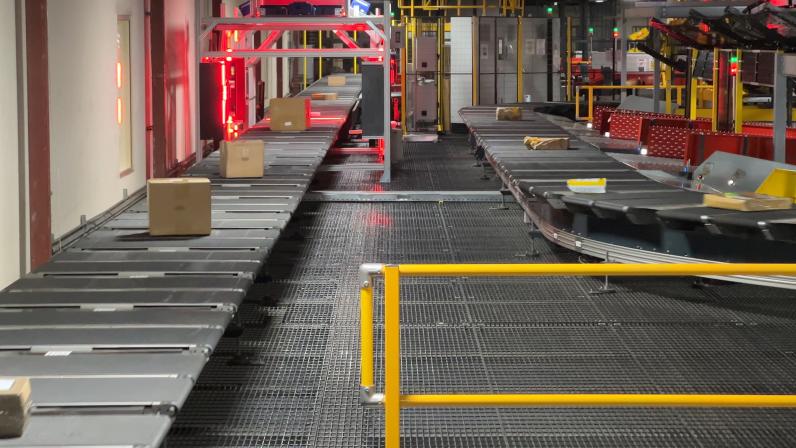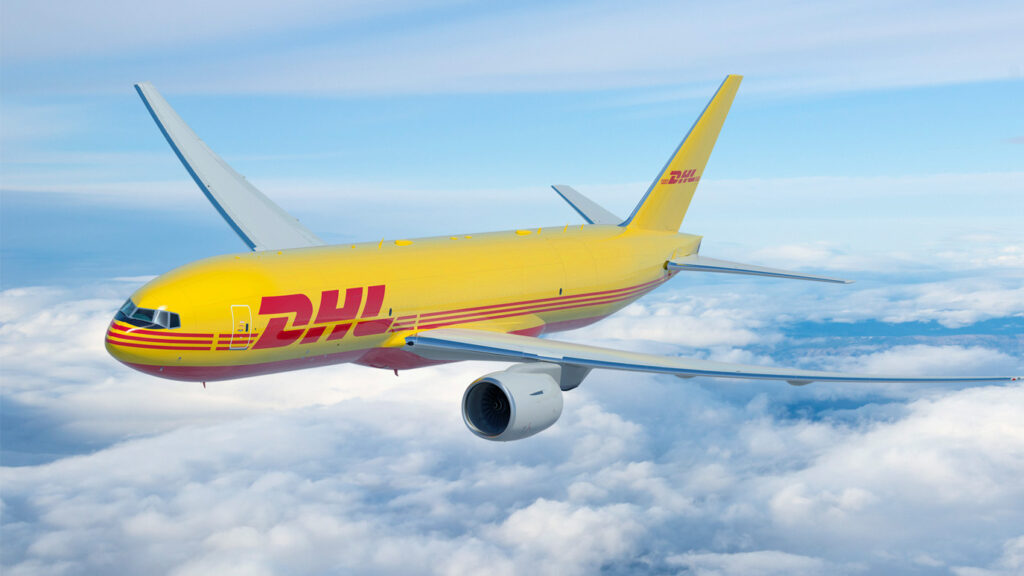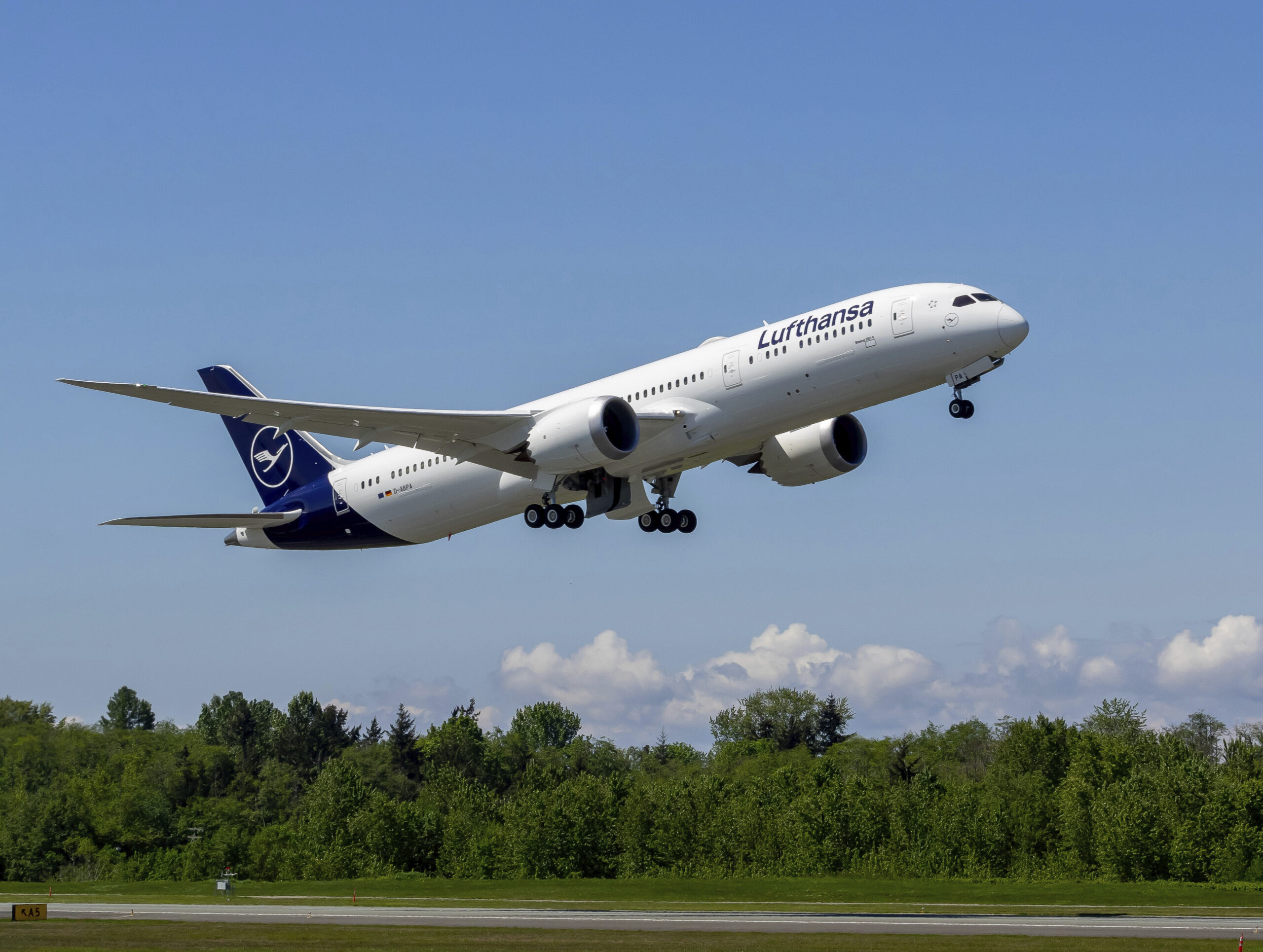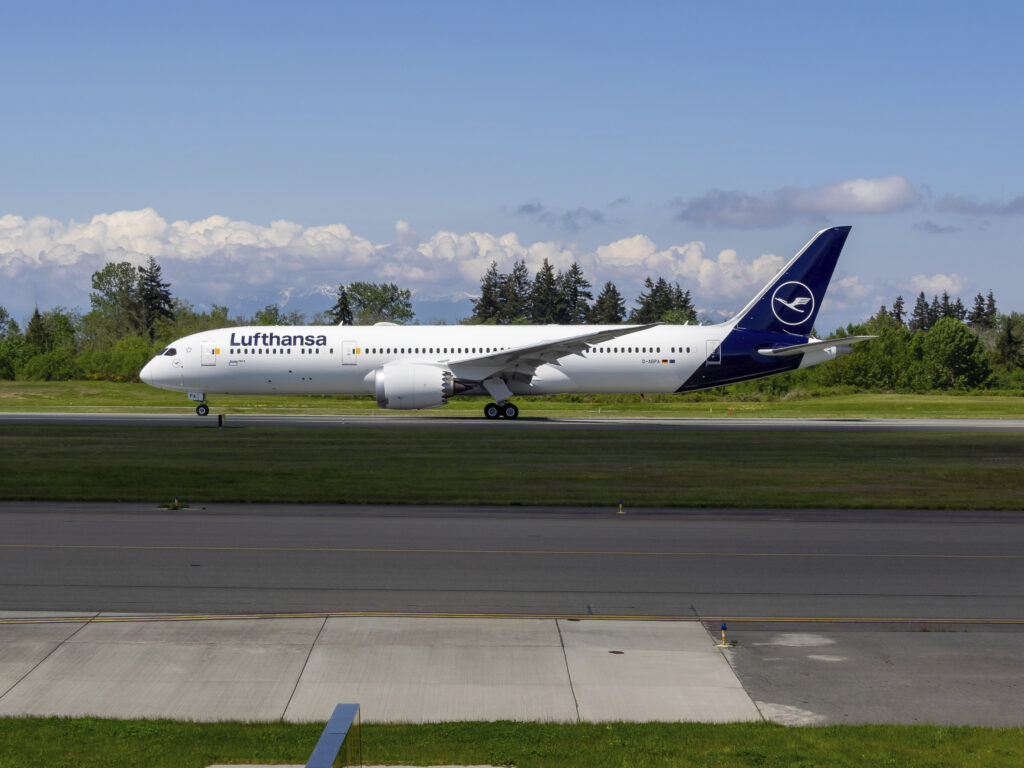OSHKOSH, Wis., July 25, 2023 /PRNewswire/ – Boeing [NYSE: BA] and NASA will collaborate with U.S. airlines to advise the Sustainable Flight Demonstrator (SFD) project and development of the X-66A research aircraft. As part of a new sustainability coalition, Alaska Airlines, American Airlines, Delta Air Lines, Southwest Airlines and United Airlines will provide input on operational efficiencies, maintenance, handling characteristics and airport compatibility.
NASA and Boeing also unveiled the new X-66A livery today at EAA AirVenture Oshkosh.
The X-66A will test the Transonic Truss-Braced Wing (TTBW) airframe configuration and will be built from a modified MD-90 aircraft at a Boeing facility in Palmdale, Calif. It is NASA’s first X-plane focused on helping achieve its goal of net-zero aviation greenhouse gas emissions.
When combined with expected advancements in propulsion systems, materials and systems architecture, a single-aisle airplane with a TTBW configuration could reduce fuel consumption and emissions up to 30% relative to today’s domestic fleet of airplanes.
The U.S. airlines will offer feedback throughout the project, including:
- Design: Airline participants will share feedback on sustainable operations and airport compatibility. While the X-66A will have a wingspan of 145 feet, the TTBW design could be used by airplanes of different sizes and missions and may benefit from folding wing tips to accommodate existing airport infrastructure.
- Simulation and lab testing: Airline pilots will have a chance to experience the X-66A through a flight simulator and assess the vehicle’s handling characteristics.
- Flight testing: Airline operations and maintenance teams will assess the X-66A as modifications are made to the airplane. Flight testing is slated for 2028 and 2029 out of NASA’s Armstrong Flight Research Center at Edwards Air Force Base.
